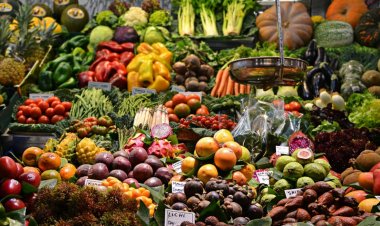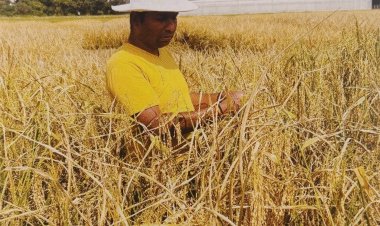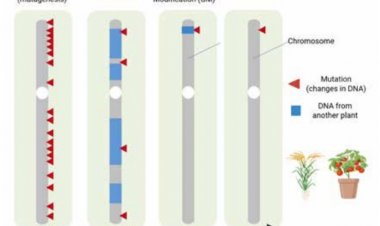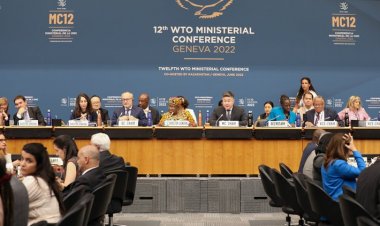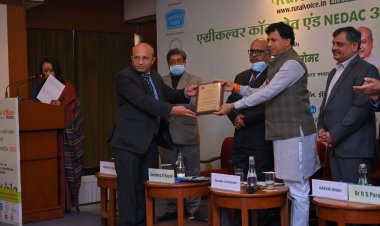Global Report on Food Crises is a wake-up call
Global Report on Food Crises: Acute hunger remains persistently high in 59 countries with 1 in 5 people assessed in need of critical urgent action
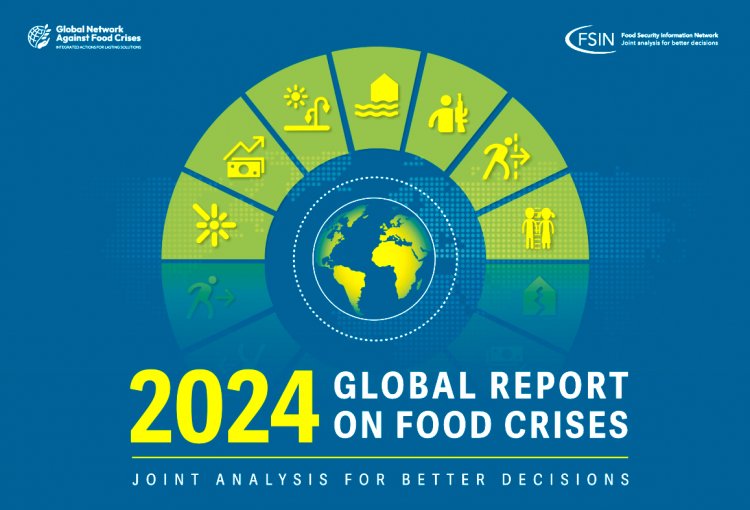
According to the latest Global Report on Food Crises (GRFC), nearly 282 million people in 59 countries and territories experienced high levels of acute hunger in 2023 - a worldwide increase of 24 million from the previous year. This rise was due to the report’s increased coverage of food crisis contexts as well as a sharp deterioration in food security, especially in the Gaza Strip and the Sudan.
The Global Report on Food Crises should serve as a wake-up call, and ensure that we don’t neglect the provision of agricultural aid in emergency situations, QU Dongyu, Director-General of the Food and Agriculture Organization of the United Nations (FAO) said during the presentation of the joint report today.
For four consecutive years, the proportion of people facing acute food insecurity has remained persistently high at almost 22 percent of those assessed, significantly exceeding pre-COVID-19 levels.
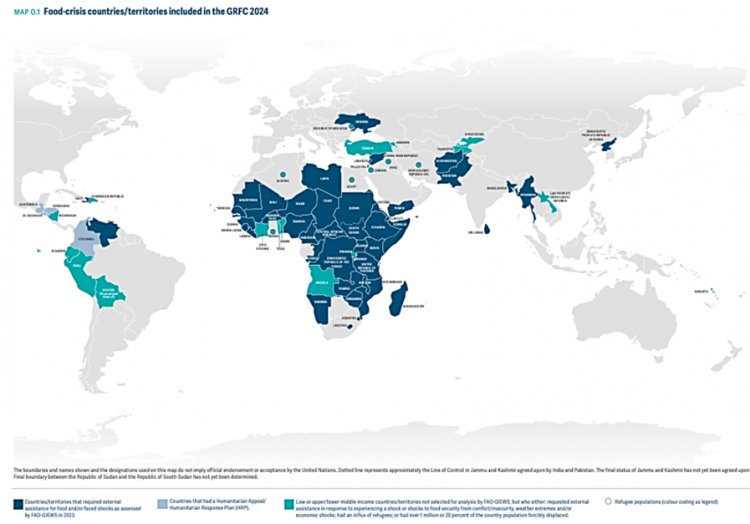
Children and women are at the forefront of these hunger crises, with over 36 million children under 5 years of age acutely malnourished across 32 countries, the report shows. Acute malnutrition worsened in 2023, particularly among people displaced because of conflict and disasters.
"This crisis demands an urgent response. Using the data in this report to transform food systems and address the underlying causes of food insecurity and malnutrition will be vital," said António Guterres, UN Secretary-General.
FAO’s Director-General focused on that as showcasing how agricultural assistance, often deemed a slower-acting approach, should be scaled up in crises.
All too often, just a fraction of humanitarian aid for crises is allocated to protect agricultural livelihoods, even though the majority of those facing acute food insecurity live in rural areas.
Three priorities
FAO’s Director-General flagged three priorities to guide a rethinking of how to tackle food crises.
First, as a way of making better use of whatever resources are available, a better balance needs to be struck between traditional humanitarian assistance and funding for agricultural support.
Agricultural aid is humanitarian aid. At the same time, investing in agriculture is part of efforts to consider long-term, sustainable, and innovative solutions that address the root causes of food insecurity.
Second, as noted, targeting supports for agricultural sectors in crises can help reduce eventual emergency distribution needs.
Thirdly, the focus must be on the root causes of food crises.
Such an approach can also help transform the world’s agrifood systems to be more efficient, more inclusive, more resilient and more sustainable and to pursue the Four Betters - better production, better nutrition, a better environment, and a better life, leaving no one behind.



 Join the RuralVoice whatsapp group
Join the RuralVoice whatsapp group




















